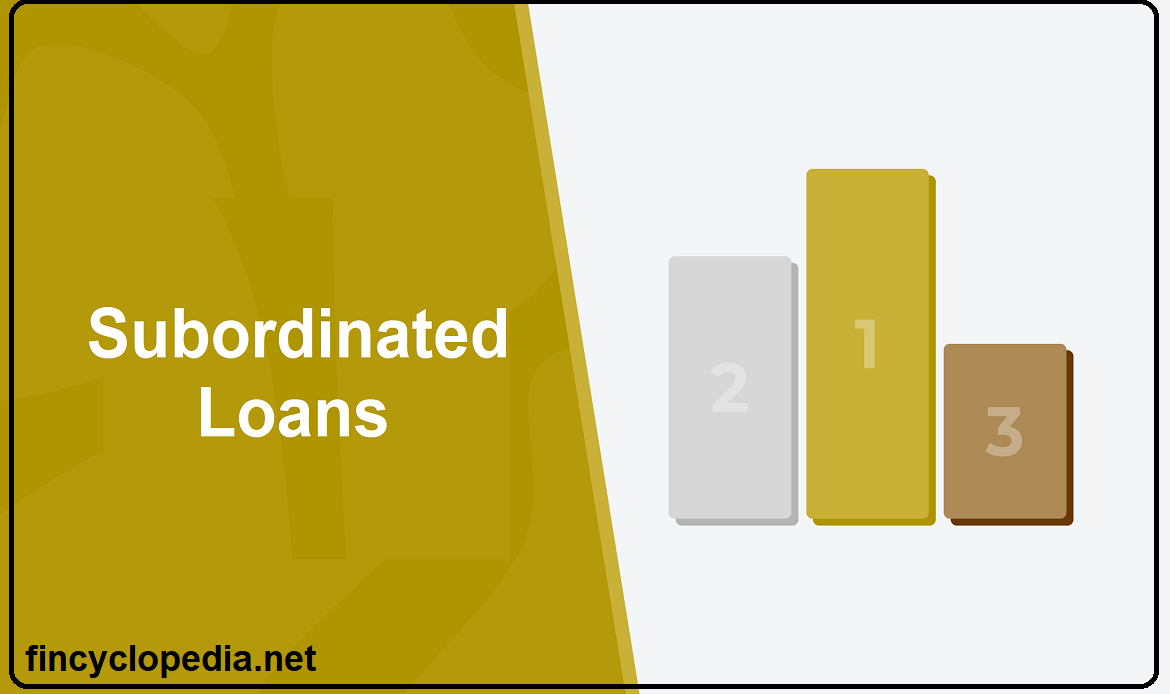A type of structured finance that involves the pooling of assets (or specific types of assets such as receivables) for issuance of securities (on pooled assets). Securitization allows an entity to obtain funding through the sale of assets, as an alternative to obtaining funds in a direct way (by means of loans/ borrowing). In the process, an entity creates a special purpose vehicle (SPV) that issues the securities (typically, asset-backed securities) to the investors. The parties to a securities include, in addition to an SPV, the originator and the investors in the asset-backed securities.
In other words, securitization is the process of monetizing financial assets (existing or arising in the future) so that the risks of underlying assets (such as credit risk, prepayment risk, interest rate risk, and liquidity risk) would mainly depend on principal repayment and interest payment on the securities, rather than on the performance of a business or venture.
Securitization is typically classified as cash securitization and synthetic securitization. Other forms include existing asset securitization, future flow securitization, etc.







